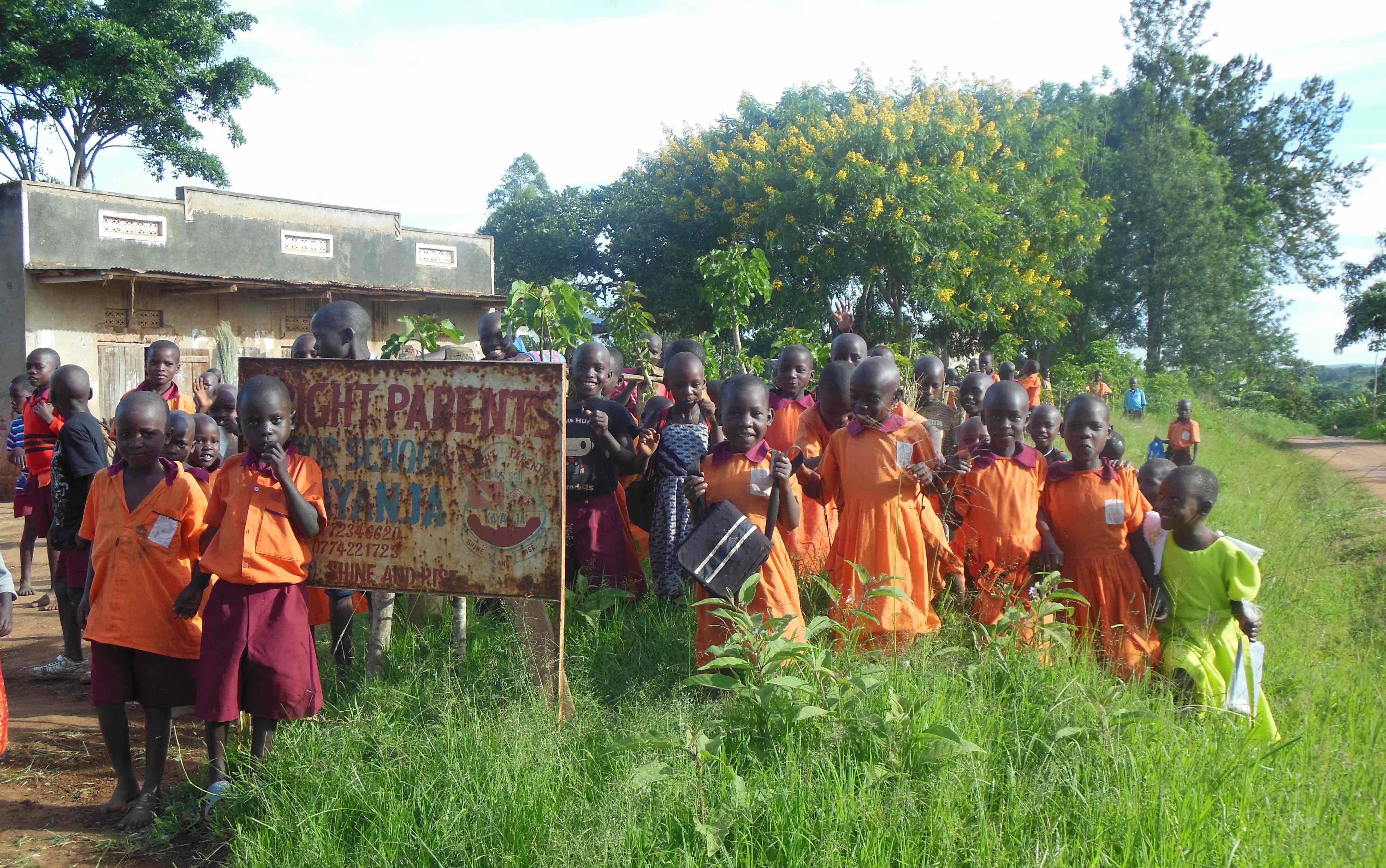Sustainability standards and certification schemes such as Fairtrade, Organic, UTZ, and Rainforest Alliance are gaining in importance, especially in the coffee sector. Today, at least 30 percent of the coffee area under cultivation worldwide is certified. Consumer demand for certified products is rising, as is the involvement of private, public, and third-sector actors. In developing countries, governments and Western development agencies have been launching projects to promote farmer adoption of standards. In developed countries, policy makers sometimes promote the consumption of certified products by sponsoring promotion campaigns and labelling.
But can sustainability standards deliver on their central promise to promote socioeconomic development in the small farm sector, while protecting the environment? And are governmental interventions justified? These questions continue to be the subject of discussion and controversy among the general public and within the research community. Most studies focus on economic outcomes (e.g. prices, revenues, or household income) in a given year. And while some case studies conclude that farmers benefit, others find no or even negative economic impacts. Is certification good or bad for farmers? And why would farmers participate if they do not benefit?
To study these questions, we collected data from certified and non-certified smallholder coffee producers in Uganda and analyzed socio-economic effects of, and farmers’ preferences for, sustainability standards. (The first study, published in Food Policy, partnered scholars from the University of Goettingen and IFPRI; the second, published in World Development, from the university and the International Rice Research Institute.)
First, some background: It is hard to gauge an overall impact of certification, even in basic economic terms. Participating farmers typically receive higher prices (i.e. a price premium) for their certified products. However, under most standards, the price premium is not fixed and may vary over time. At the same time, farmers typically must invest their own money to meet certification requirements, and those requirements themselves may affect production costs and yields. Organic standards, for instance, may reduce yields (as chemical inputs are banned) while increasing production costs (e.g. hiring laborers to weed in the absence of herbicides).
While some studies conclude that the price premium is insufficient to compensate for higher production costs (and/or lower yields in the case of Organic certification), other studies suggest that certification contributes to higher profitability in the small farm sector. These mixed results suggest that effects on prices, yields, production costs—and thus on household income—are context-specific and may also vary across standards.
Our findings suggest that focusing on direct economic effects does not capture the diverse positive impacts of the programs. Analyzing welfare effects beyond purely economic indicators is of particular importance for achieving the UN Sustainable Development Goals (SDGs).
Farmers appreciate indirect benefits derived from their participation in certification schemes such as improved access to trainings and credits, support for improved farm management, and the opportunity to upgrade the quality of their product. We also show that standards can promote socioeconomic development goals such as household nutrition, child education, and gender equality. Standards such as Fairtrade and UTZ that involve gender measures (such as workshops on gender equality or measures to promote women’s participation in regular trainings) can contribute to promoting women’s empowerment. For instance, we find that both female and male farmers in certified households are 30-33 percentage points more likely to interact with extension officers than their non-certified counterparts. The effect is even stronger (46 percentage points) for female household heads.
Further, Fairtrade standards also include rules on child labor and encourage educational projects. Our findings suggest that such policies can promote child education: Fairtrade increases child schooling by 0.66 years, and Fairtrade certified households spend about 150 percent more on child education than non-certified households. We also find that Organic standards improve household nutrition by promoting diversified production systems. In central Uganda, access to markets is often limited, and greater production diversity can help to improve nutrition diversity and quality.
One key caveat: While one standard may yield progress toward certain goals (e.g. we find that Fairtrade improves education and Organic household nutrition) this may not hold for other goals (e.g. we find that Fairtrade does not improve household nutrition and Organic does not promote child education).
Likewise, not all standards include gender policies; and in such cases we would not expect positive effects on women’s empowerment. Although the overall goals of the various standards may be similar, each maintains very specific requirements, resulting in a range of effects. Of course, we have focused on a specific region in Uganda, so requirements and benefits may—or may not—be relevant in other regions; and effects may vary as well. To further complicate the issue, many certification features are recommendations rather than mandatory requirements. Thus, how standards are implemented varies across cooperatives.
Sustainability standards are often promoted as an easy fix for several development challenges—especially by the organizations behind the standards. But, as contradictory research findings suggest, there are no easy fixes. The research and development community should understand sustainability standards and certification as a package of benefits and requirements that may be beneficial for some farmers—but not for others. This holds for many marketing channels, differentiation strategies, and development projects. We would not expect that development projects lead to the same effects in different regions, or that a given marketing strategy works for each and every farmer. Why do we expect that sustainability standards do?
Competition in certified markets is increasing, especially in the coffee sector. As a result, cooperatives and their members are often unable to sell their entire production within certified markets, reducing farmers’ profits. Deciding whether or not certification is (still) a profitable investment and differentiation strategy requires a context-specific assessment of the costs, benefits, market developments, and the capacity of the farmer organization in question.
Eva-Marie Meemken is a Postdoctoral Researcher with the University of Goettingen Department of Agricultural Economics and Rural Development.







